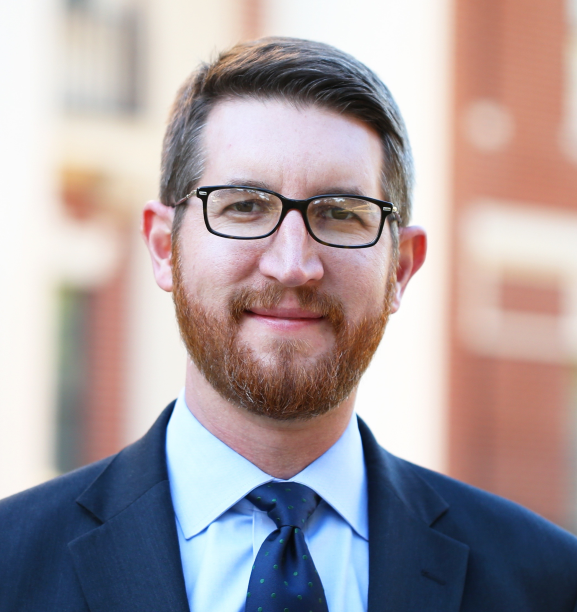
Degree/Year: B.A. religion, 1998
Hometown: Waco, Texas
Current: Executive Director, Texas Hunger Initiative, based at Baylor University, Waco, Texas
Bonus fact: In 2014, Everett was named to the U.S. Congress National Commission on Hunger.
What Samford faculty member had the most influence on you and why? [Retired history professor] Jim Brown’s perspective framed the way I think about the world. As a professor, his sense of care and concern for his students was unmatched. He was equally as passionate about history. His enthusiasm for teaching history was contagious. As a thinker, he communicated components of specific history within the metanarrative of human history. He taught us how people and systems evolve, how they deal with and overcome hardship. As I engage with the problem of poverty, I remember what Dr. Brown taught me about history, and hardship and societies overcoming together, and I use that to move myself forward.
What would you say is the key to success in today’s world? Every generation has been judged based on how it addressed the social issues of their day. I think our nation will be judged on how we handle the issue of poverty. The key to moving forward in addressing poverty is to cultivate trust: trust between groups and individuals, teams and opposition. Using ideas as weapons against our opponents is getting us nowhere. Cultivating trust is key to how we deal with — and end — poverty in our nation. I think our collective success is measured by that standard.
What is the best advice you received as a Samford student? There’s not one specific piece of advice that I remember. Instead, I remember the guidance given to me as a whole by [former religion professor] Dub Edwards. As a mentor, Dub provided me with direction and guidance in the crucial time in my life when I was beginning to find my way. More than words and pieces of advice, Dub’s reflection of Christian love and wisdom was formative to the way I try to live and work.
How did you become involved with the Texas Hunger Initiative? During my time at Samford, I felt called to address hunger and poverty. After graduation, I explored this call by living and working in low-income communities in different areas across the county. My time living in these communities opened my eyes to poverty in a different way. I began to see that, in many cases, individuals found themselves in poverty for the same reasons. I recognized a need to work systemically, addressing local needs while also organizing state and federal resources simultaneously. When Baylor and the Texas Baptist Christian Life Commission asked me to work on hunger through this systemic approach, I was eager to do so.
How did your Samford degree prepare you for your current work? In addition to the perspective I gained from Dr. Brown, and the reflection of Christian love and wisdom I saw in Dr. Edwards, my time at Samford taught me about relationships. I learned how to cultivate strong relationships with people from a variety of backgrounds — faith perspectives, political ideologies, economic backgrounds — and being able to care for and be cared for by each of these different people.
What are you most passionate about? I’m passionate about justice and our Christian call to love our neighbors as ourselves, particularly when it comes to poverty. However, I’m learning that I’m even more passionate about being with my family, particularly being with them in nature. I love watching my boys learn to build campfires, fish in lakes and see wild animals, and I love doing all of this with my wife, Amy.
What advice would you give to students interested in nonprofit entrepreneurial opportunities? I have the opportunity to coteach a course in social innovation. I tell students to know the issue they want to impact and then creatively engage the issue, both intellectually — learning everything they can possibly learn about the subject — and through lived experiences — immersing themselves in and living with the issue. I think that this lived expression is where Christians can transcend traditional social innovation because, learning from the example set by Jesus, we choose solidarity with those we serve.
